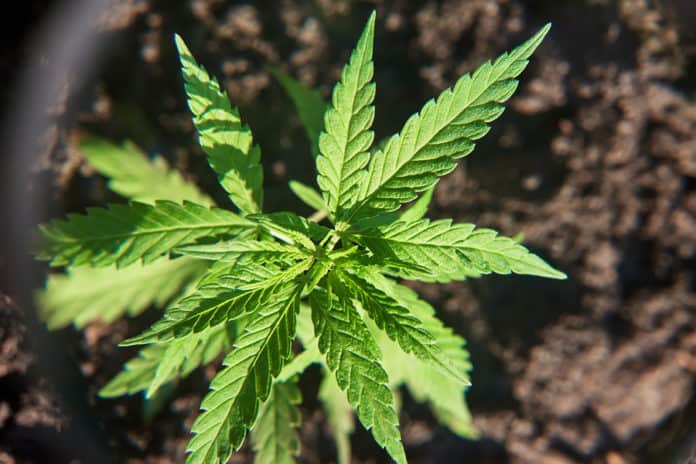Last week global cannabis industry leaders Canopy Growth Corp (NYSE:CGC) and Tilray Inc. (NASDAQ:TLRY) saw their stocks decline by double digits after the companies reported uninspiring results indicating that they were a long way off to profitability. However, as the leaders were reporting disappointing results, on the other hand, smaller companies were enjoying breakout quarters showing the breadth of the cannabis industry.
Small cannabis companies had a productive Q2 2019
For instance, Supreme Cannabis Company Inc. (OTCMKTS:SPRWF) indicated that it expects to post a positive adjusted EBITDA for the quarter that ended June 30. The results bettered analysts’ estimates who expected a loss and as a result, Supreme Cannabis leaped 16%. MediPharm Labs Corp (OTCMKTS:MEDIF) also had a good quarter after it registered a small net income and revenue of around $31.5 million. According to GMP Securities analyst, Ryan MacDonnell MediPharm’s revenue was the fifth highest in the cannabis industry in Canada in the second quarter. In a note, MacDonell indicated that this was a significant achievement for MediPharm Labs considering this is its third quarter of sales.
Emerald Health Therapeutics Inc. (OTCMKTS:EMHIF) and Village Farms International Inc.’s (NASDAQ:VFF) jointly owned Pure Sunfarms Corp reported the largest net income to date in the industry of around $37.2 million.
The other company that has released its results is Organigram Holdings Inc. (NASDAQ:OGI) which has attributed the drop in revenue to changes in growing protocols that led to low yields but that has since been corrected.
Waning demand affected revenue
According to Cowen & Co. analyst Vivien Azer, among the problems that Canopy Growth faced was the surplus of softgels and oils at provincial distributors which forced the company to record an C$8 million provision for possible product returns. Equally another concern was the waning demand for oil products across the cannabis industry.
It appears that canopy greatly underestimated the demand for the products containing excess THC. Canopy CEO Mark Zekulin indicated that the company shifted its blend of cannabis strains to make up for lost ground and that bore fruits and in the quarter over 70% of the cannabis harvest was high in the cannabis compound (THC) that gets one high.
Black market flourishing because of lack of high THC product
Because of the unavailability of high THC products from cannabis companies a large portion of consumers is looking into the black market to get a pot that can make them high. Last week Statistics Canada released data that indicated that close to 42% of cannabis users in the second quarter purchased part of their cannabis in the black market.
Canopy has also had to contend with lack of retail outlets in the country’s most populous provinces of Quebec and Ontario. Ontario, for instance, has one retail store for every 600K people while Quebec has one outlet for every 500K people compared to Colorado where a store is serving at least 10,000 customers.
The CEO stated that there was reluctance from provinces in opening retail stores until they were certain that they can secure high THC products.


